Hemanta Panda
Any stigma leading to isolating those who have tested positive for the coronavirus is not going to help.
The Coronavirus infection is globally referred to as a pandemic for which we have a term called Mahāmāri. For example Cholera in referred to as Haijā which is a Mahāmāri. The term Mahāmāri puts different perspectives in the minds of different people which are often darker in nature.
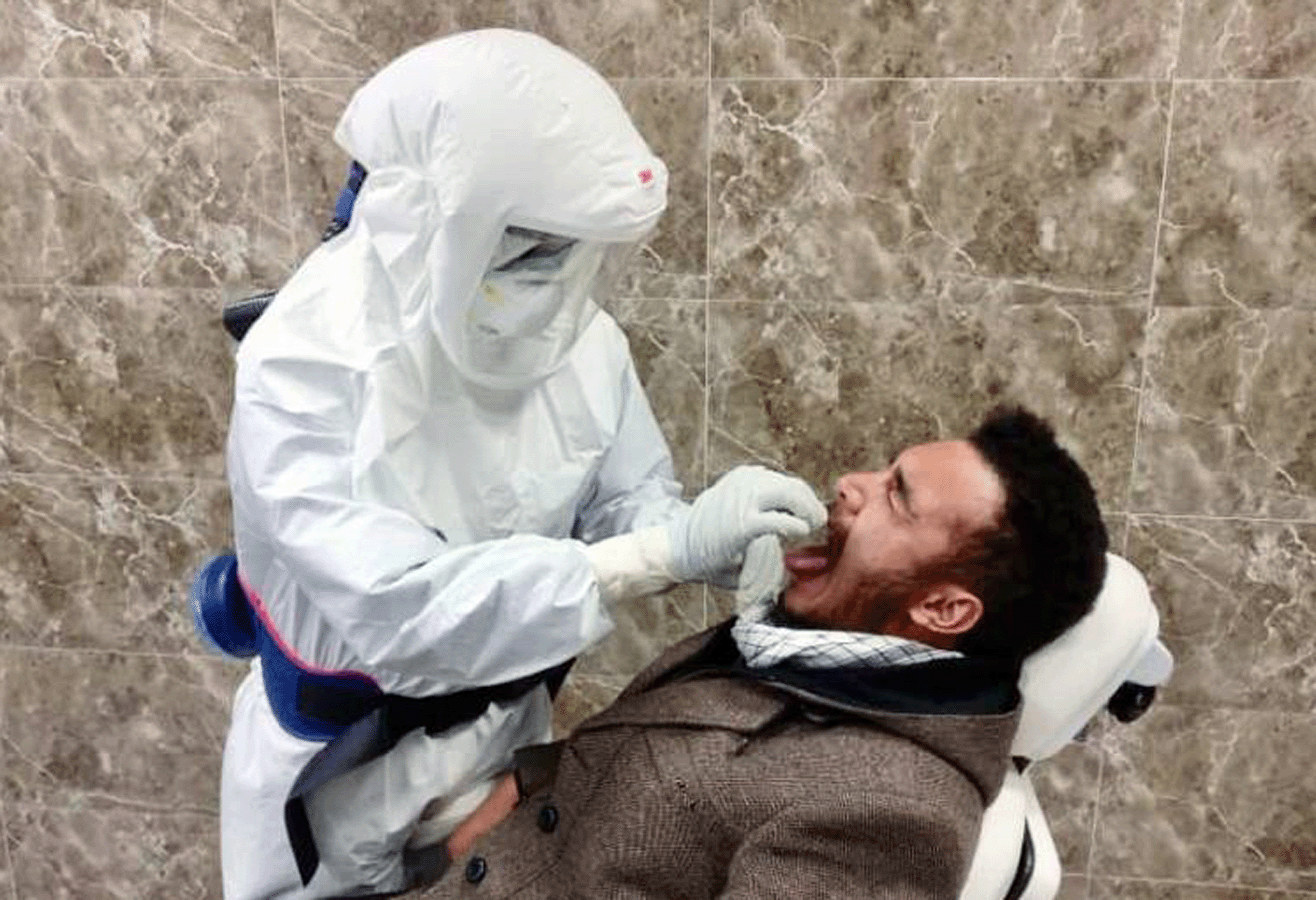
Speaking of a recent pandemic in Odisha – during 2007 in Rayagada, 150 people died of Cholera. During pandemics, the common citizens tend to give a lot of emphasis on blind beliefs. Their actions are triggered by whimsical thinking which are unscientific. In a north Indian state when migrant workers returned home during the lock-down in March 2020, they were doused with bleach disinfectants which are used to sterilize buses. During the lockdown, when someone is returning to their homes from a different state or province, we are hearing that their neighbors are behaving with stigma in their eyes.
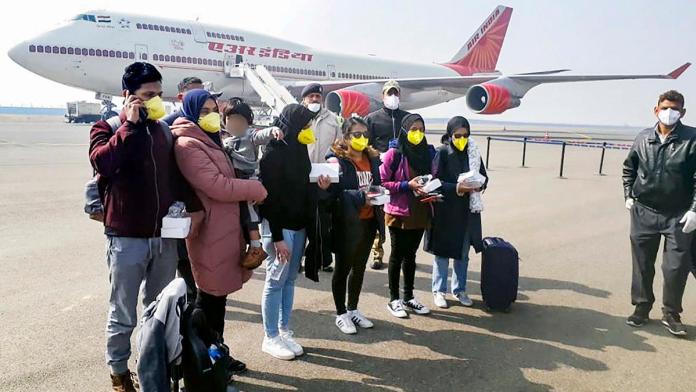
The caste discrimination of the past, manifests in different forms and common men tend to react abnormally. In the coronavirus fiasco of 2020, people in villages were ostracizing the patients and their family members who have tested positive. The relationship with a neighbor which was filled with friendships for years, has turned bitter with the stigma around Coronavirus if the neighbor is infected.

The onset of the virus is not witchcraft initiated inauspicious event. This virus is a micro-organism. The research community is working on curbing the menace of the virus by innovating around vaccine deployment and developing a medicine to fight the virus out. Any stigma leading to isolating those who have tested positive for the coronavirus is not going to help. Social isolation triggered through stigma is different from social distancing. As citizens of the 21st century we should live through scientific thinking.
There is saying that one should be careful in their behavior considering Sthāna-Kāla-Pātra. Sthāna-Kāla-Pātra is a doctrine which explores our behavioral actions based on where one lives (Sthāna), when one lives (Kāla) and the circumstances in which one lives (Pātra). The recognition that place, time and circumstance can be different in all situations, but if a person regulates according to these three situations, he/she can share goodwill as a result of his/her actions.
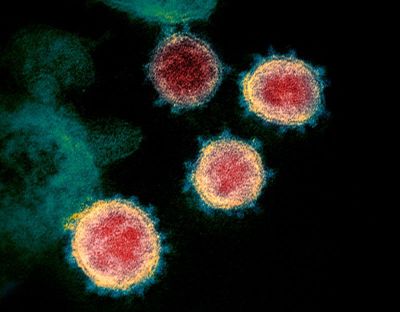
In April 2020, the day after the head of a country mentioned in a press conference that ingesting disinfectant products could cure coronavirus, a spike in the intake of household cleaners took place in a major metropolis. An unusually high number of citizens contacted city health authorities over fears that they had ingested bleach or other household cleaners in the 18 hours that followed the statesman’s comments. When people are in a precarious condition they can not differentiate between good and bad. Precarious condition leads to mental impairment, helplessness, and results in indecisiveness. Some people’s words by virtue of Sthāna-Kāla-Pātra means different things to different people. In this age of Kali – the age of quarrel and hypocrisy, everyone needs to watch for their actions.
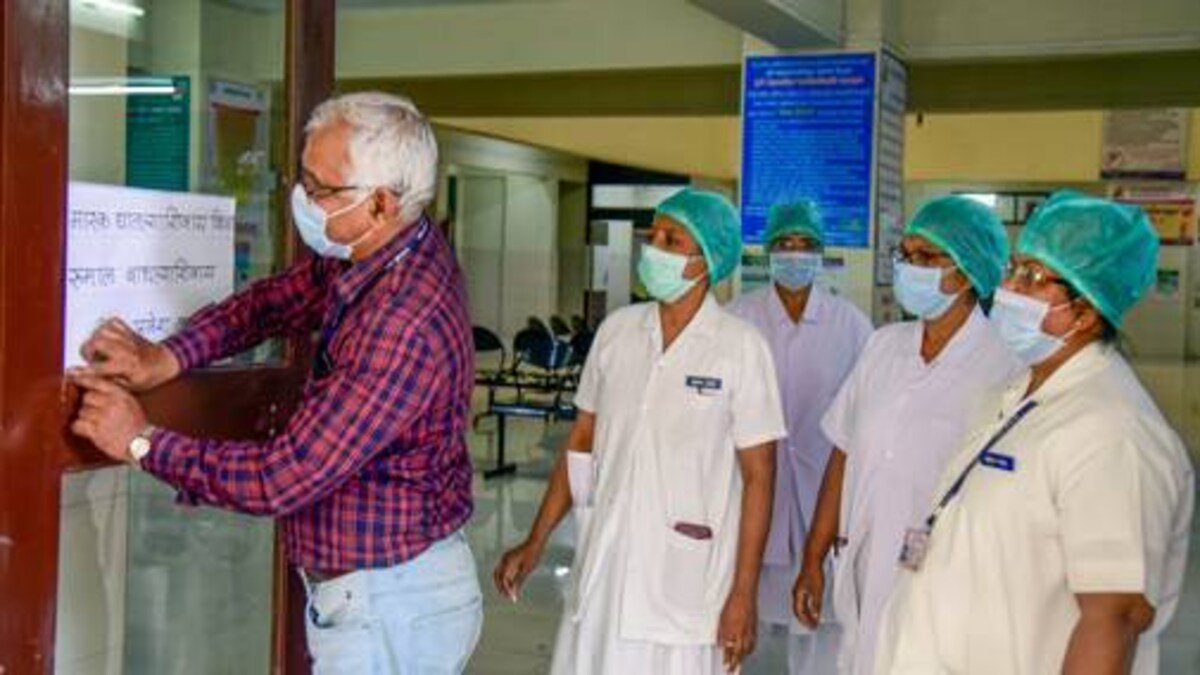
When a person is locked inside a house for several weeks, the mind becomes idle and the thoughts tend to wander. You may have seen when bad news is initiated in a social or family circle, it travels faster than good news. Inherently there is a propensity by the majority to cling on to the negativity. The Coronavirus situation has amplified that dormant tendency. It is challenging to relieve oneself from negativity unless we gain the strength to read inspiring texts, hear spiritual discourses from bonafide authorities, and mingle with positive people which has reduced due to sheltering. It’s very important during this time of lock-down to shun negativity in our lives. Negativity breeds negativity.
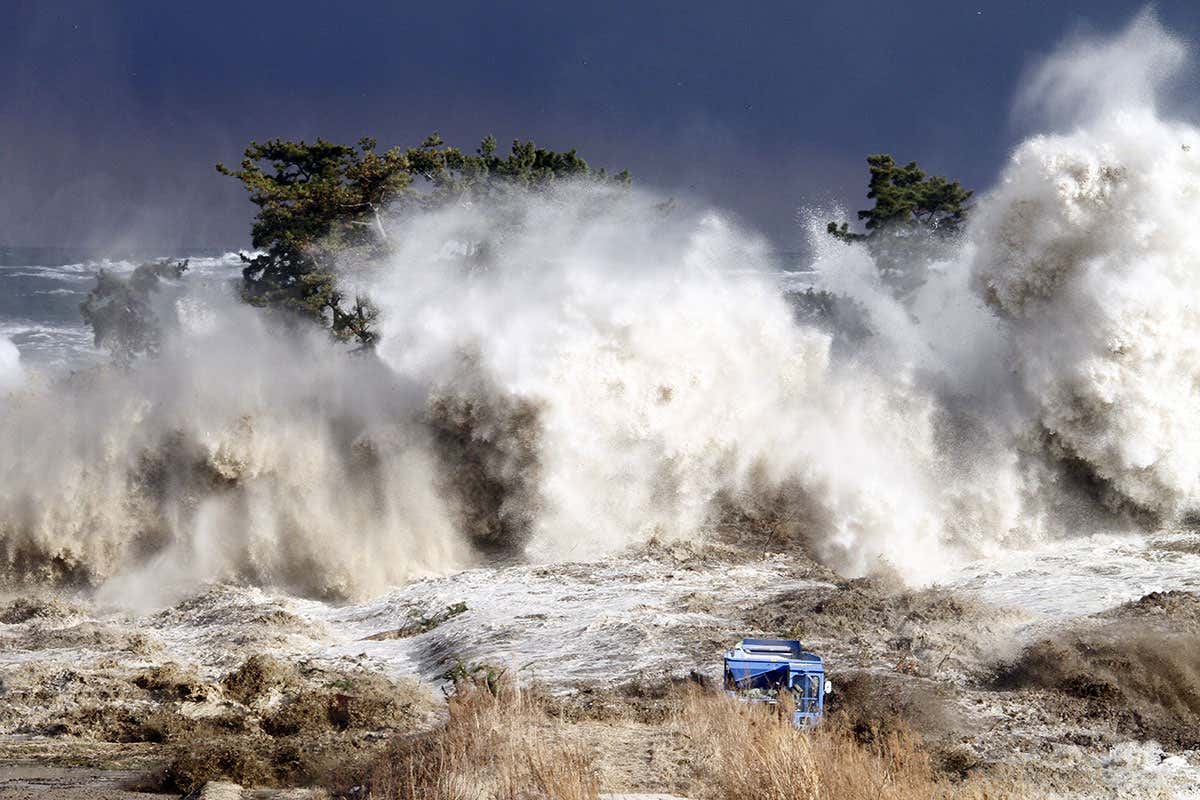
In the 2011 Japan earthquake and tsunami – more than fifteen thousand people died, but in the streets of Japan the people were filled with empathy and patience for others which is an indication of a mature society. In summary we all should shun the stigma on how to treat the infected persons. We should think that we could be in their shoes and how we would feel if society interacts with us like untouchables. During this time of precariousness, we should be patient in decision making and use sound scientific judgment. This time will pass. But we need to abandon the darkness of negativity during these challenging times.
(Hemanta Panda is a Technologist who lives in New Jersey, USA.)
























